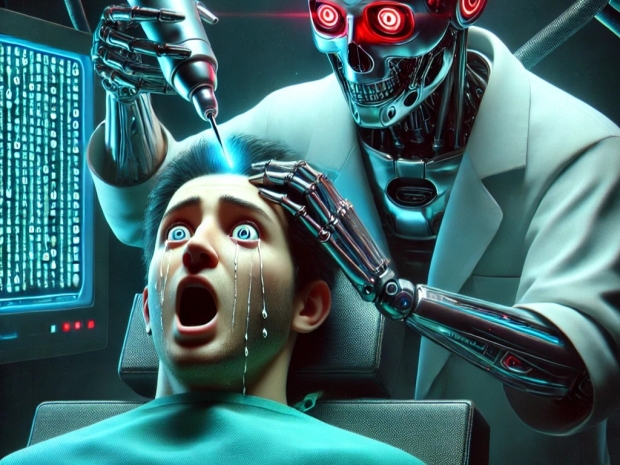The findings highlight concerns that workers may become over-reliant on AI, diminishing their independent problem-solving abilities over time.
The study surveyed 319 knowledge workers whose jobs involved handling data or information and analysed their use of generative AI tools in the workplace.
Participants were asked about their tasks, their confidence in AI's ability to execute those tasks, their ability to evaluate AI-generated output, and their confidence in completing the same tasks independently.
The more confidence workers had in AI’s capabilities, the more they disengaged from critical evaluation. Participants reported a “perceived enaction of critical thinking” when relying on AI, raising concerns about the long-term effects of over-reliance on technology, particularly for lower-stakes tasks.
The boffins warned that this disengagement could erode independent problem-solving skills over time.
Workers with a lower confidence in AI’s ability reported more significant engagement with their critical thinking skills. These participants were more likely to evaluate AI-generated content rigorously and refine it based on their judgment.
Another key finding was that users who depended on generative AI tools tended to produce “a less diverse set of outcomes for the same task” compared to those who worked without AI assistance.
The study does not dispute the idea that there are situations in which AI tools may improve efficiency, but it does raise warning flags about the cost.
By leaning on AI, workers start to lose the muscle memory they’ve developed from completing certain tasks on their own. They start outsourcing not just the work itself but their critical engagement with it if the machine has it handled.
So if you’re worried about getting replaced by AI and you’re using it uncritically for your work, you just might create a self-fulfilling prophecy.




